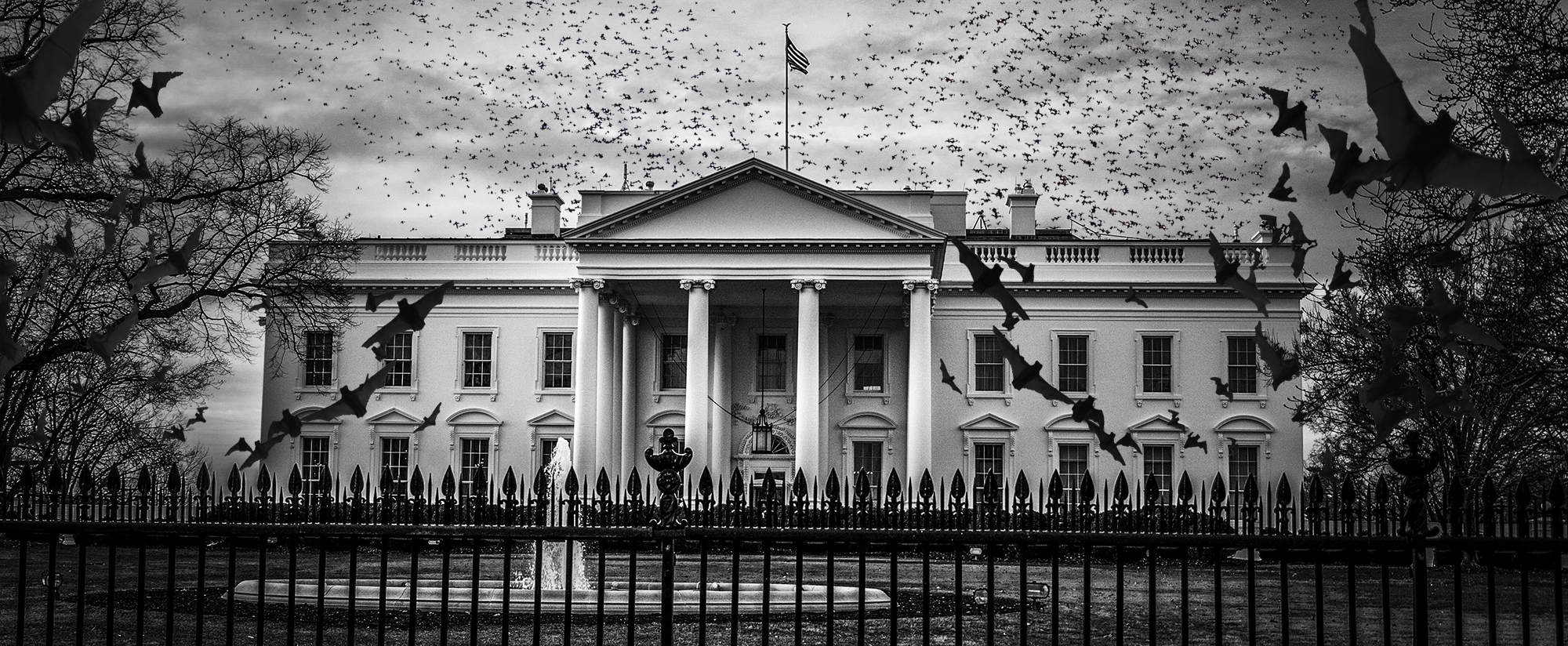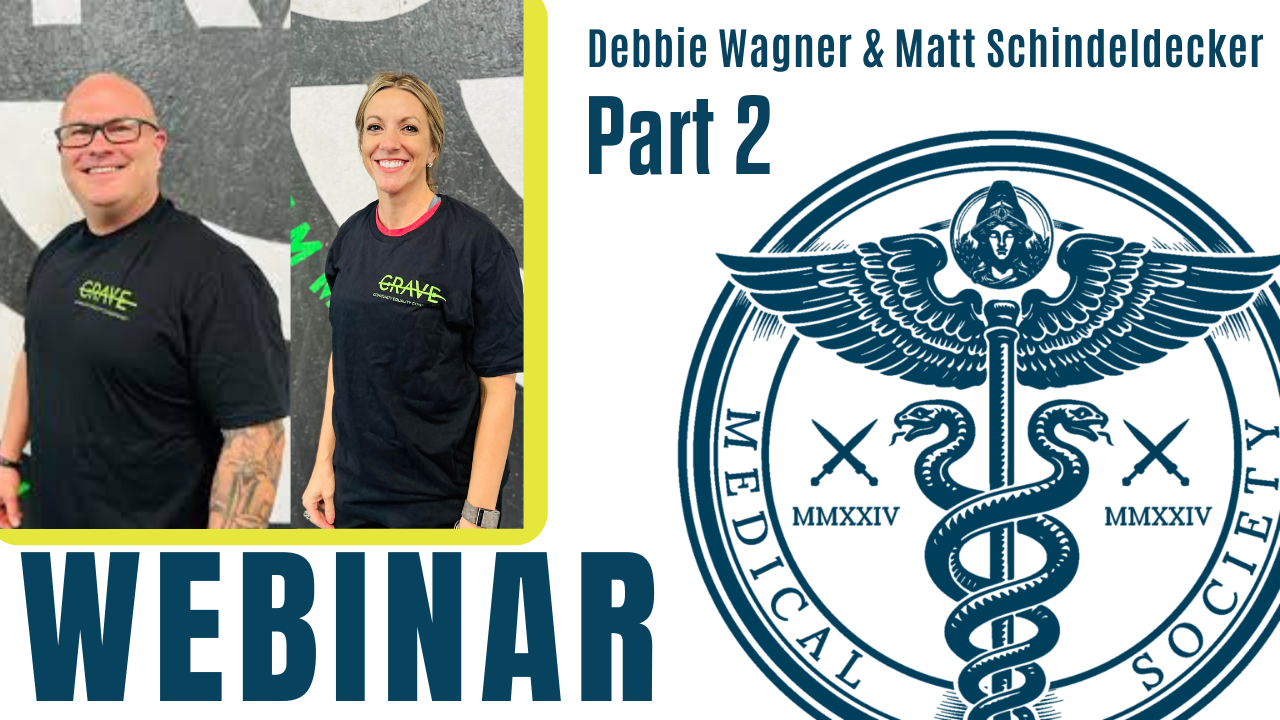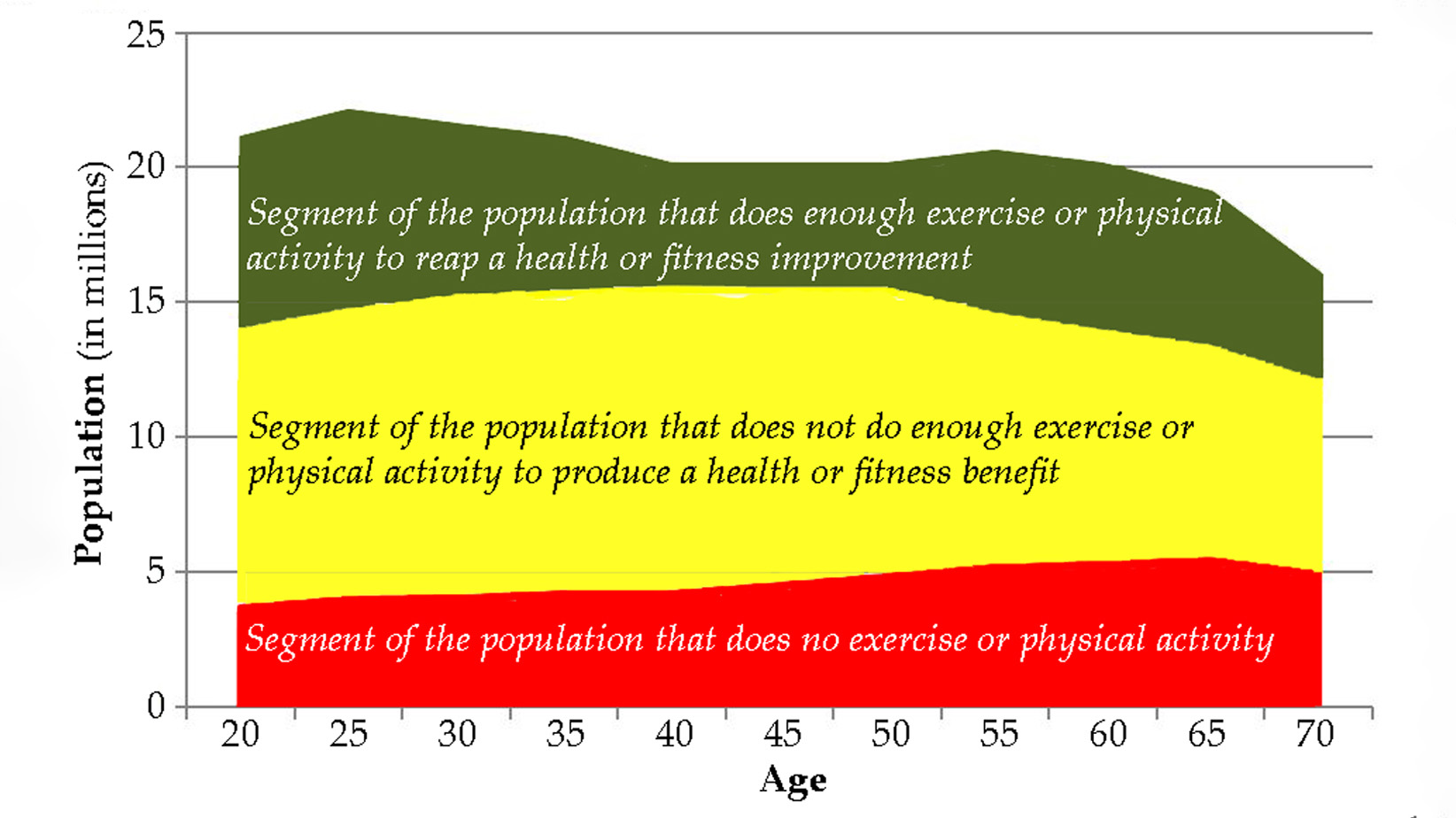By Emily Kaplan
Ah, the mid-1990s—a time when modems shrieked notes in the overture of connection, before the lines of code and data could flow. It was the Jurassic period of cyberspace. Before your Facebook newsfeed was swarmed with memes and your Twitter timeline became a 24/7 news ticker, there was Prodigy Services Co.—a rudimentary online service offering bulletin boards where users could post messages and engage in virtual dialogues.
In Prodigy’s Money Talk forum Wall Street traders and armchair economists bantered, and in 1994 an anonymous user boldly claimed that Stratton Oakmont, an investment banking firm, was committing fraud. Much like how we treat today’s trolls and know-nothing-know-it-alls, almost everyone moved on without much fanfare. But that message would go down in history andas soon be anything but insignificant.
Stratton Oakmont, the firm that later inspired the movie Wolf of Wall Street, sought legal retribution against Prodigy. Stratton Oakmont saw the accusation and acted by suing Prodigy for defamation. In its defense, Prodigy argued that it was a mere facilitator, not an editor or publisher. The court disagreed. The judge concluded that because Prodigy played the role of editor by sometimes moderating its forums, it bore the responsibility for every bit and byte that passed through its digital gates. And so, a paradox was born: in attempting to maintain a sense of decorum, Prodigy had inadvertently shouldered legal liability for all its user-generated content. It was as if by deciding to eject one drunk patron, the bartender became responsible for every overheard slanderous whisper and ill-conceived plot in the pub.
Much like a bookstore that learns overnight it is suddenly responsible for every claim made in every book it carries, internet platforms suddenly became extremely vulnerable. News organizations and book publishers are responsible for the content they produce, if anything is inaccurate they face grave consequences whereas bookstores are not. If internet forums were treated like publishers instead of bookstores, they would be buried under the weight of responsibility for every post penned by users of their platforms. The Prodigy ruling set a chilling precedent.
The implications of the Prodigy case were Orwellian in their scope. Prodigy’s very attempt to instill order in its chaotic cyberspace had rendered it more liable, not less. And so, the stage was set for the government to come up with a solution that would protect online platforms and not stall innovation. In 1998, Congress passed the Communications Decency Act, which included Section 230. This clause essentially granted online platforms the blessings of both worlds: they could moderate without being saddled with the burdens of publisher liability. Had Congress not granted Section 230, the vibrant, user-driven internet as we know it today might have withered under the weight of legal liabilities, stifling innovation, free expression, and the dynamic exchange of ideas that define the online world.
It worked to grow the space and seemed like the fair thing to do—for a while. Capital poured in; the dot-com boom followed. Like some kind of digital mitosis, websites and platforms proliferated like never before.
However, Section 230, the very bedrock of digital innovation and free expression, has become a double-edged sword. To put this in simple terms, Congress holds a massive piece of leverage over tech companies. Without the legal protection from liability granted in Section 230 tech companies would not be able to run their businesses without major overhauls.
Without this safeguard, these companies would drown in legal liabilities, stifling progress, creativity and financially ruin them. What was initially a protective shield has transformed into vulnerability, where the government’s control over Section 230 dictates the fate of tech giants, shaping the future of online expression and innovation.
It’s a high-stakes chess game where the moves of legislators hold the power to either nurture or stifle the entire landscape of the digital world. Imagine a Facebook or Instagram where every post needs to be vetted and approved by someone at Meta. Imagine YouTube having to screen every video before it’s published. And then imagine all the lawsuits that would inevitably come from people who felt wronged by those approved videos. It would be a shitshow of the highest order.
Once the savior of the online universe, Section 230 now stands accused of providing a smokescreen for the nefarious actions that Big Tech might not want to police or might want to over police in the form of censorship. Like Frankenstein’s monster, this legislation has become a get out of jail free card, far more powerful than most people would have ever predicted. And the puppet master behind the scenes is the government who controls this privilege internet companies are wholly dependent on.
When we consider the reasons why internet platforms are censoring individuals and organizations, as discussed last week, that challenge the conventional wisdom, government dogma or local health authorities we must remember the government has the power to pull the proverbial plug on these companies if they do not comply.
While it’s a violation of the Constitution for the U.S. government to censor its own citizens under President Biden the government is using social media giants to censor those that challenge their policies. Alex Berenson’s lawsuit against Twitter provides a rare look into how this might be happening.
According to documents obtained in discovery of that case White House officials met with Twitter employees and explicitly pressured them to remove him. As the Wall Street Journal reported on August 12, 2022:
“Twitter didn’t ban Mr. Berenson until August, but its employees were clearly under White House pressure to do so. This pressure probably increased over the summer of 2021 as the Delta variant surged and waning vaccine efficacy stymied Mr. Biden’s promise to shut down the virus.
Twitter is a private company. But evidence of a direct connection between White House pressure and Twitter censorship bolsters the argument that social-media platforms can be sued as “state actors” for restricting speech in violation of the First Amendment. Courts have been reluctant, and properly so, to allow such lawsuits to proceed without evidence linking specific demands from government officials to censorship.”
When Elon Musk purchased Twitter and turned over digital reems of internal communications for public scrutiny it became increasingly clear that the White House was attempting to influence who could speak in the town square and who could not. Reporter David Zweig pointed out how “When the Biden admin took over, one of their first meeting requests with Twitter executives was on Covid. The focus was on “anti-vaxxer accounts.”
There are several other cases making their way through the courts. A unanimous three-judge panel of the U.S. Court of Appeals for the Fifth Circuit wrote in an unsigned opinion:
“Considering their close cooperation and the ministerial ecosystem, we take the White House and the Surgeon General’s office together. Officials from both offices began communicating with social media companies including Facebook, Twitter (now known as “X”), YouTube, and Google in early 2021. From the outset, that came with requests to take down flagged content. In one email, a White House official told a platform to take a post down “ASAP,” and instructed it to “keep an eye out for tweets that fall in this same [] genre” so that they could be removed, too. In another, an official told a platform to “remove [an] account immediately”—he could not “stress the degree to which this needs to be resolved immediately.” Often, those requests for removal were met.”
If the Biden White House has been pressuring social media and online platforms to tamp down on dissenting American voices it should concern all of us, regardless of where you fall on the political spectrum. And, it is likely that the pressure point behind the scenes hanging in the balances is Section 230. As this issue heads to the Supreme Court, we are on the precipice of a major reckoning.
When considering the labyrinth of social media moderation, let’s not forget the legal and ideological maze that got us here. The story of Section 230 isn’t just a tale of law; it’s a lesson in unintended consequences, viewed through the lens of a paradox that originated when the internet was young, naive, and full of simple chat rooms like “Money Talk.” It’s a path we started down decades ago—and we’ve only just begun to see where it leads.
Emily Kaplan is an expert in strategy and communication. As the CEO and Co-founder of The Broken Science Initiative, she is building a platform to educate people on the systemic failings in science, education and health while offering an alternative approach based in probability theory. As the principal at The Kleio Group, Emily works with high profile companies, celebrities, entrepreneurs, politicians and scientists who face strategic communication challenges or find themselves in a crisis.
Emily’s work as a business leader includes time spent working with large Arab conglomerates in the GCC region of the Middle East looking to partner with American interests. Emily acquired Prep Cosmetics, expanded it to become a national chain and revolutionized the way women bought beauty products by offering novel online shopping experiences, which are now the industry standard. She was a partner in a dating app that used the new technology of geolocation to help interested parties meet up in real life. Emily developed Prime Fitness and Nutrition, a women’s health concept that focused on the fitness and diet needs of women as they age, with three physical locations. She was the host of the Empowered Health Podcast, and wrote a column in Boston Magazine by the same name, both of which focused on sex differences in medicine.
Emily is an award winning journalist who has written for national newspapers, magazines and produced for ABC News’ 20/20, Primetime and Good Morning America. She is the author of two business advice books published by HarperCollins Leadership. Emily studied Advanced Negotiation and Mediation at Harvard Law School. She has a Masters of Science from Northwestern University and received a BA in history and psychology from Smith College.
Support the Broken Science Initiative.
Subscribe today →
recent posts
Expanding Horizons: Physical and Mental Rehabilitation for Juveniles in Ohio
Maintaining quality of life and preventing pain as we age.



